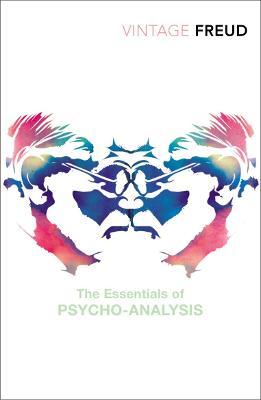What do you think?
Rate this book


608 pages, Paperback
First published October 31, 1991
If we are to take it as a truth that knows no exception that everything living dies for internal reason - becomes inorganic once again - then we shall be compelled to say that ‘the aim of all life is death’ and, looking backwards, that ‘inanimate things existed before living ones’.
On the basis of theoretical considerations, supported by biology, we put forward the hypothesis of a death instinct, the task of which is to lead organic life back into the inanimate state; on the other hand, we supposed that Eros, by bringing about a more and more far-reaching combination of the particles into which living substance is dispersed, aims at complicating life and at the same time, of course, at preserving it.